The Pacific Flyway is the migration path that we hunt here in California. The Pacific Flyway is 1 of 4 major migration patterns in America for waterfowl and other migratory birds. Extending from Alaska to Patagonia, these birds follow food, search out breeding grounds and travel to wintering sites in both spring and fall. The Sacramento Valley provides critical habitat for migrating waterfowl and is one of the most prominent wintering sites in North America. We’ve been hunting waterfowl with our family for years, and this is how we hunt ducks.
2 Girls Hunting is sponsored by Girls With Guns Clothing
First, we know that waterfowl migrate to the Sacramento Valley by the millions; this habitat supports approximately 44% of wintering waterfowl. More than half of the Sacramento Valley’s wetlands are in private ownership, managed primarily for ducks and other waterfowl. The close relationship of game refuges, watersheds and agricultural lands continues to offer exceptional habitat for wildlife. In total, these lands provide habitat for more than 230 species of active wildlife, especially migratory waterfowl.
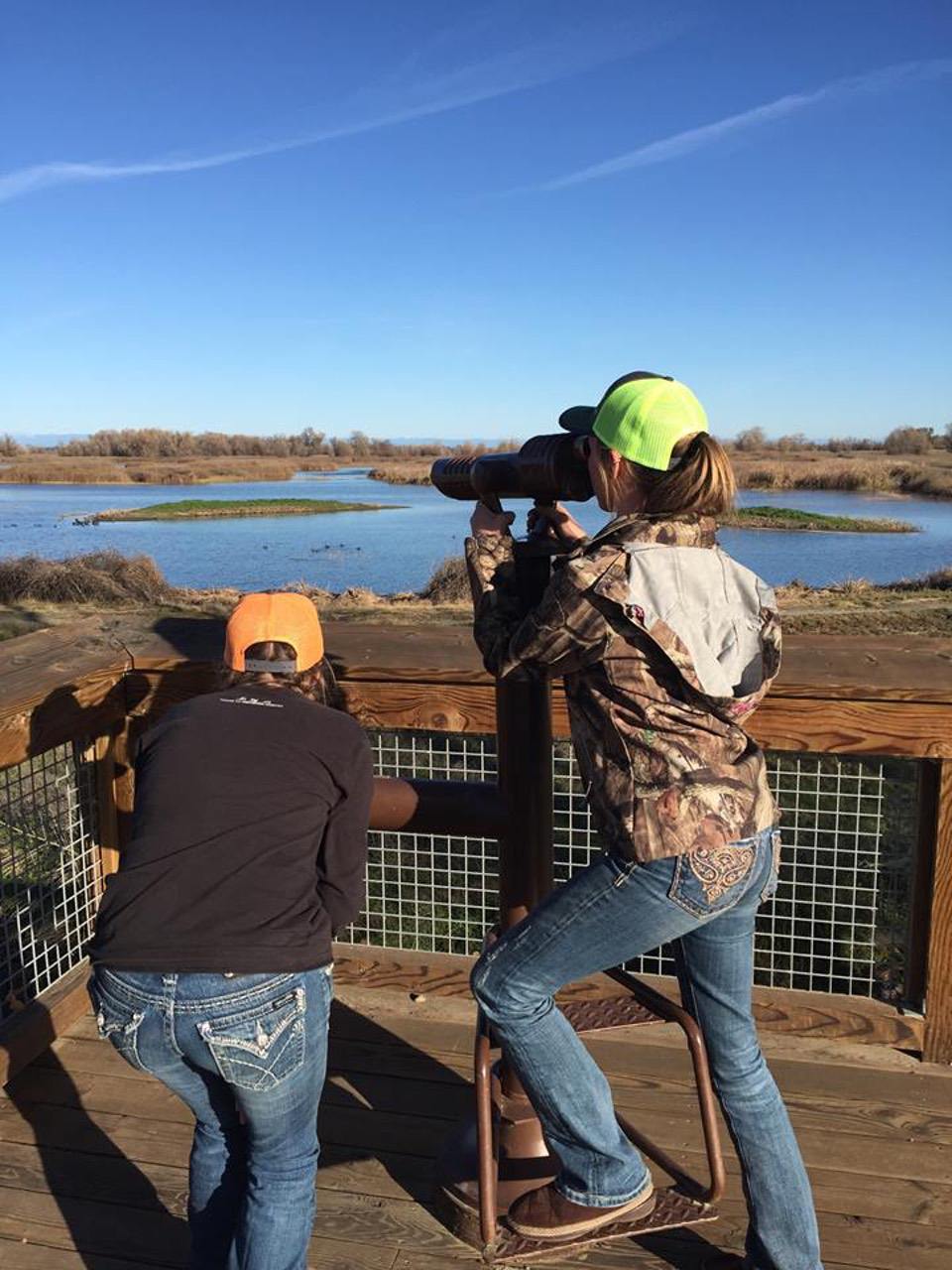
Ducks tend to migrate from a low or decreasing resource area to a region with a plentiful amount of food, water and safety. Ducks need food and open water and they will move when they can’t get either one. They also migrate among nesting areas in the early spring and then on to their wintering grounds in the fall.
As hunters, we observe and seek out the migration pattern of ducks to figure out where and when to hunt during the season. While fall migration is of greatest interest to hunters, waterfowl habitat conditions in the spring migration may be more important to duck populations. A healthy spring migration will result in a hearty nesting ground and a more robust hatch.
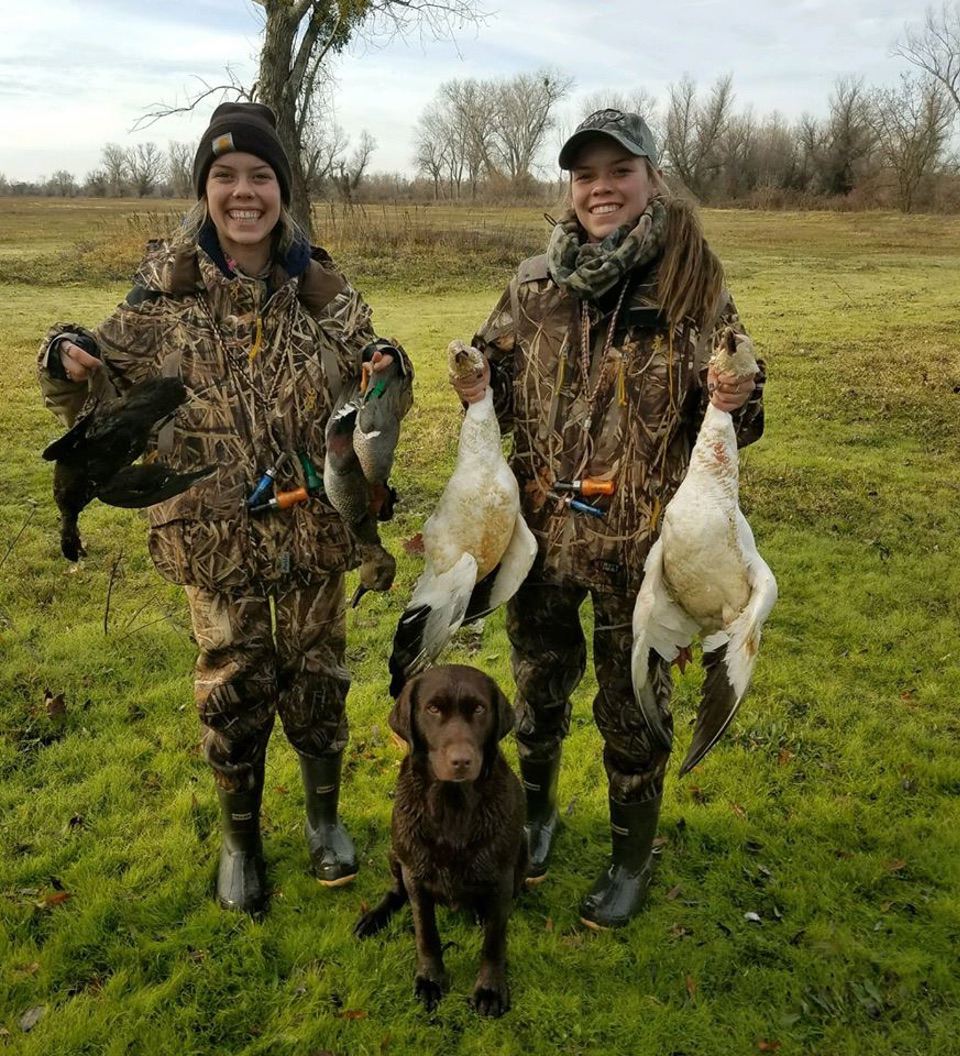
Based on Mother Nature, the migration patterns may shift, therefore causing ducks to move from 1 area to another. Ducks usually travel to warmer, more pleasant, areas or where ice is nonexistent and water does not freeze, so that they can rest and raise their young. Weather and local habitat environments often affect the fortunes of waterfowlers – more than the size of the fall flight, especially in migration and wintering areas.
During waterfowls’ migration, they often stop to refuel on food and water to not only prepare themselves for the long journey ahead, but also, to get ready to breed. The importance of agriculture is a large foundation to the movement of ducks and other waterfowl species. Across the United States, farmers flood more than 700,000 acres of harvested rice fields during the winter, causing waterfowl to flock to these rice fields because of highly nutritious foods.
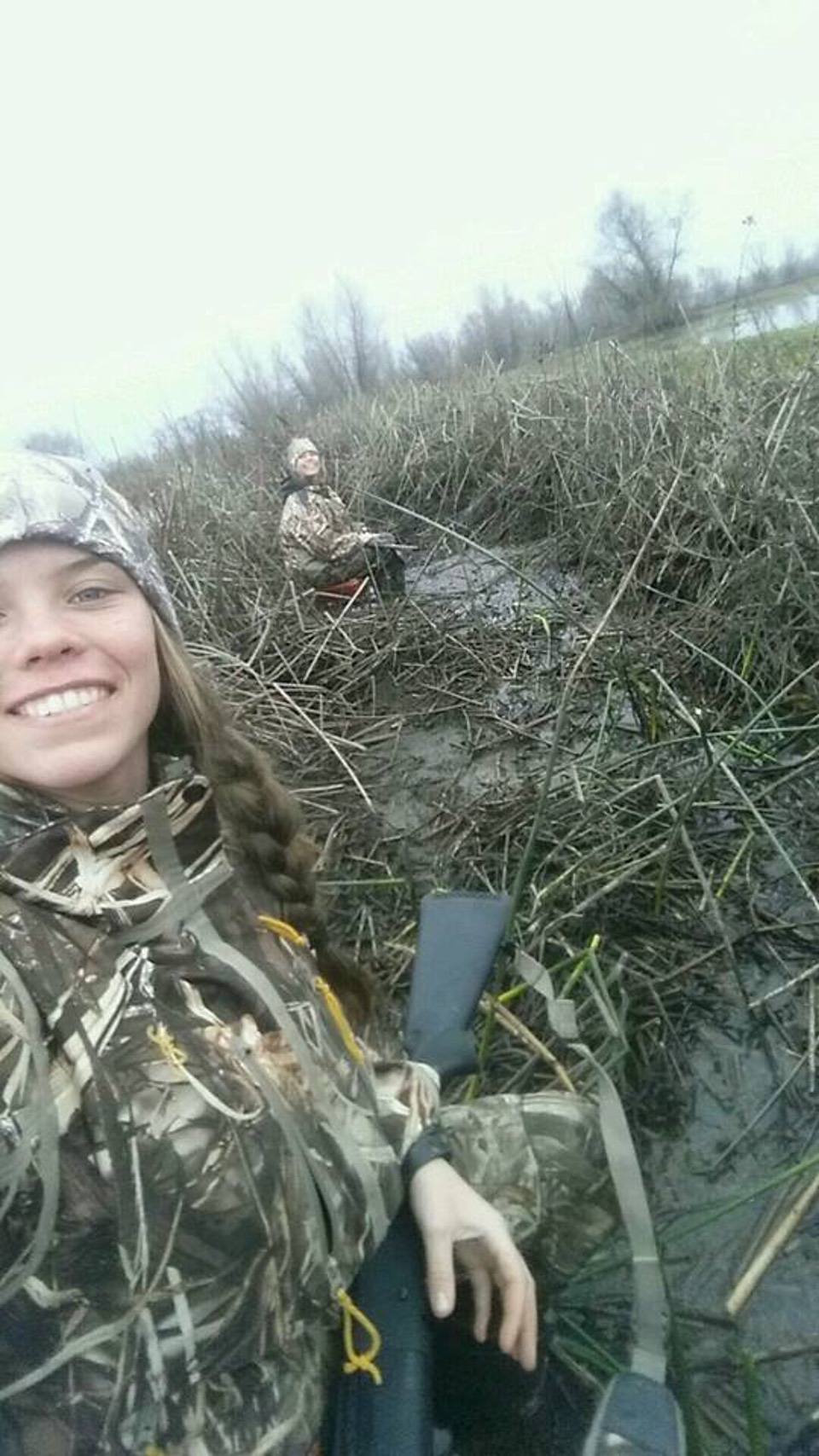
Watching the fall migration will get you excited for the upcoming hunting season; as the number of migrating birds increase, that is an indication that the weather is changing and birds are in search of a place to stay warm during the winter.
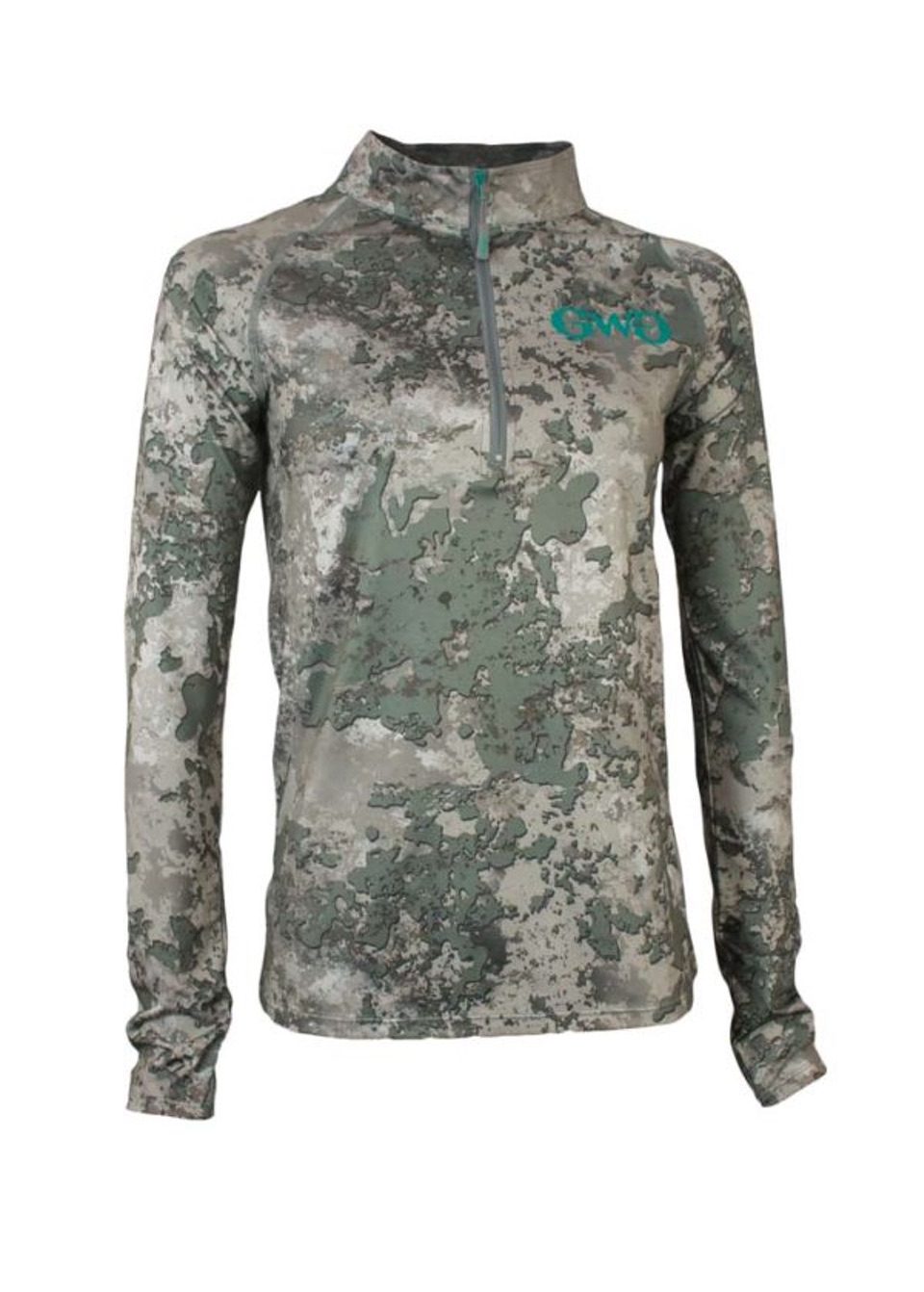
For extra comfort and warmth on those chilly mornings in the marsh, Girls with Guns Clothing can help keep you warm and dry under your waders. A good baselayer is a must; you can ruin a prime dawn shoot if you are too cold to concentrate.
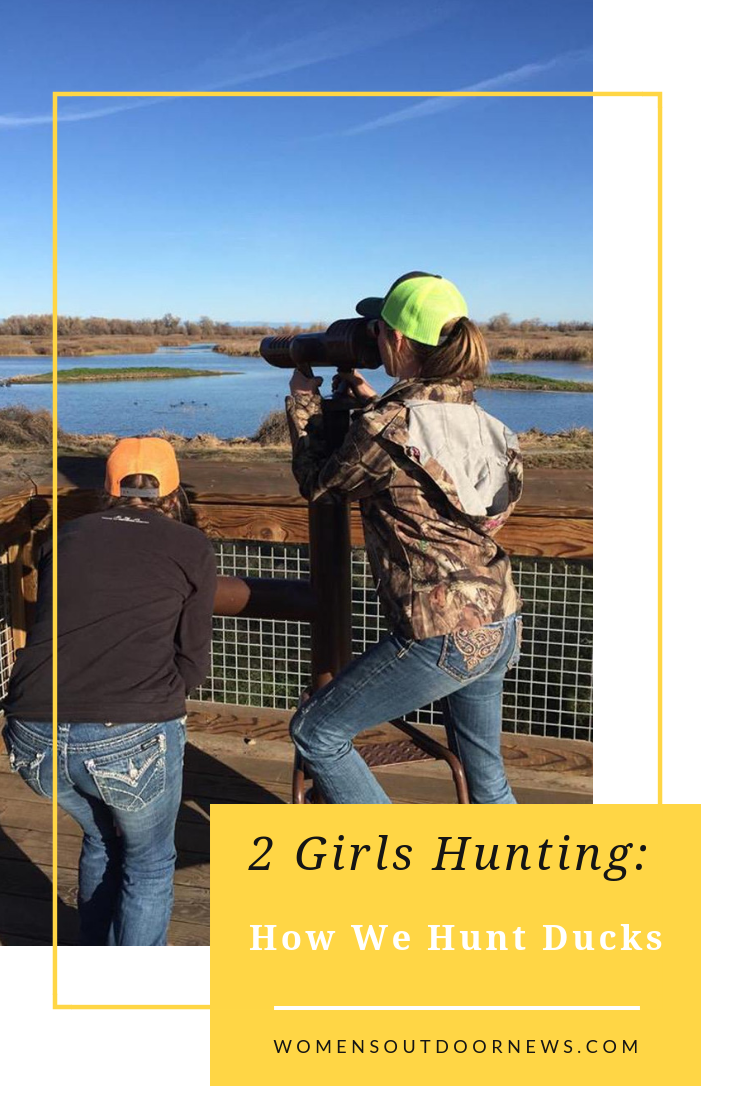
Morgan and Mason Baseley are just everyday girls who love the outdoors and who happen to be identical twins that also love hunting – from waterfowl to big game. "We are here to empower girls and shooting sports. At 17-years old, we are the next generation of female hunters and need to be able to speak up to protect our hunting rights and protect the Second Amendment." Sponsored by Girls with Guns Clothing, these young women are given the platform to make their voices heard in their column at The WON, "2Girls Hunting." They also speak at banquets about hunting and write a blog for the Sportsmen’s Alliance. View all posts by Morgan Mason Baseley